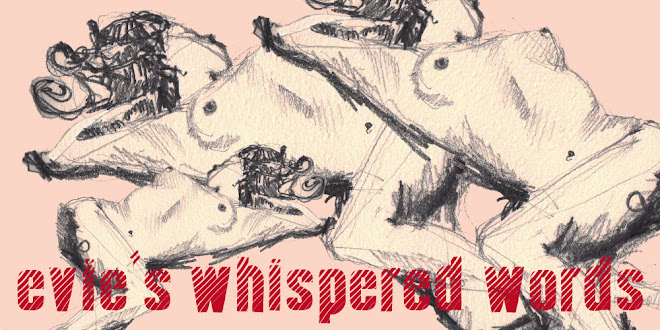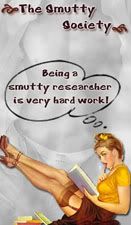That's not the name of a game as far as I know, but it should be.
Lately I have been trying my hand at writing some historical erotic fiction and have encountered a small problem. While there is a certain amount of suspension of disbelief needed to accept that people in Ancient Rome or Medieaval Europe or wherever/whenever are speaking modern English, writers mostly get away with it, but certain words stand out more than others. You don't want to throw around 'shlong' and 'bearded taco' unless you're actually trying to be funny. Actually, you usaully don't want to do that in a contemporary story either, but I'm getting sidetracked...
When it comes to describing parts of the body, especially the naughty bits, I find that modern slang sounds very jarring, and clinical terms are too, well, clinical. Where possible I guess you can research and find out the actual words people used for these parts in the time of your setting, but if it's really far back that can be pretty difficult. I think I will set myself a project to read more historical erotica and pay special attention to how writers describe things- whether they use slang of the time or get around it with careful description (I don't want to slip into Harlequin territory with 'her sex' and 'his rod' etc. either). So, that's my project for the week.
Suggestions on description in historical erotica, or of good historical erotica to read would be very welcome.
Tata for now!
Monster Fucker Monday #18
3 hours ago























3 comments:
If you find some historical-setting erotica or your research turns up some terms which are acceptable to modern audiences, please post about it! Or drop me a line! This sorta stuff is hella fascinating.
If your stories are set in early England, a lot of our 'modern' four-letter words have very old etymologies. But I don't need to tell you this: you've read Chaucer.
-B
Cheers. I haven't tried writing any early English erotica yet, but it's a good idea now that you mention it. I like to vary settings a bit, and there are one or two periods (eg. Regency England, Tudor England) that have been done to death while other really interesting times and places go neglected.
I'm going to see what I find to read. I'll pass on anything intriguing.
Horny comes from "to have the horn" a very old euphemism for an erection.
Those Cambridge professors are't all Shakespeare and hobbits. I'm not really a writer but I do indulge in faux Victorian style sometimes. They really liked the subtle metaphor and shared your dislike for the overly graphic.
Post a Comment